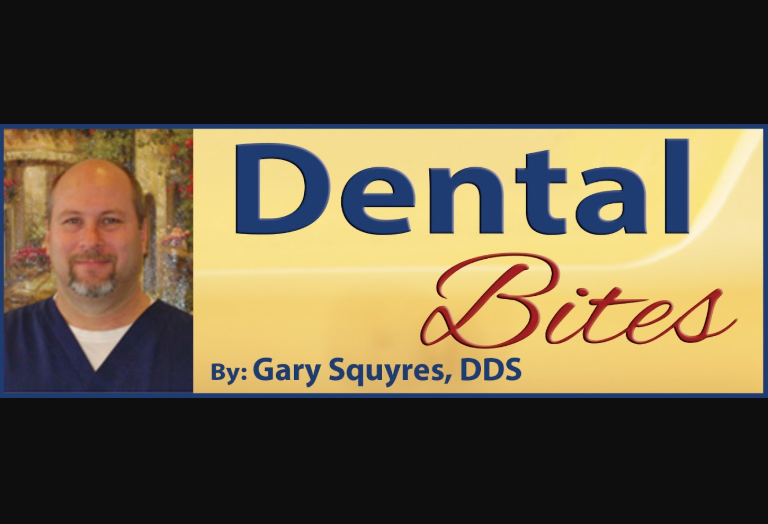The tongue is an organ you may not give much thought to until it looks or feels funny. The tongue has some major responsibilities, such as helping you speak, eat, and breathe. The condition of your tongue may also be the culprit of how your breath smells. Tongue disease can take on many forms, such as Thrush, Black Hairy Tongue, and Glossitis.
- Thrush – Oral thrush is a fungus which is most common in babies and older adults who tend to have a weaker immune system. Oral thrush happens when a yeast infection develops. Some symptoms of thrush are a cotton-like sensation in the mouth, dry or cracked skin at the corners of the mouth, difficulty swallowing, and a bad taste in the mouth. Once a dentist or doctor diagnoses thrush he or she may prescribe an oral antifungal medication, antifungal lozenge, or an antifungal mouthwash.
- According to the American Academy of Oral Medicine, Black hairy tongue dwells in about 13 percent of the population. It develops mostly in older males. This condition gives the papillae (small bumps) on the tongue its rough texture. People with the condition do not shed the tongue cells from the top of the tongue, leading to the buildup and trapping of food. After a while, the tongue will look like it has dark hair on top. The treatment of Black hairy tongue is simply brushing your teeth two times a day and brushing your tongue with a tongue scraper to thoroughly clean the tongue.
- Glossitis is the redness and swelling of the tongue. There are three types of Glossitis. A.) Acute glossitis – which is inflammation of the tongue that appears suddenly and has severe symptoms. This type usually happens during an allergic reaction. B.) Chronic glossitis – inflammation that continues to reoccur. This type may begin as a symptom of another health issue. C.) Atrophic glossitis – This type is known as Hunter glossitis; it occurs when the papillae are lost. This results in change in the tongue’s color and texture, this type of Glossitis gives the tongue a glossy appearance. The treatment of Glossitis typically includes a combination of medication and home remedies. Antibiotics and other medication may be prescribed by the dentist or doctor. Also brushing and flossing your teeth several times a day may improve the health of your tongue, gums, and teeth.
These are just three tongue issues that are common. If you suspect that you are having a tongue problem, your best bet is to schedule an appointment with your dentist for an exam and diagnoses. Call 911 or go to the hospital right away if your tongue becomes severely swollen and begins to block your airway. Keeping your tongue clean will help you keep and achieve a healthy mouth.
